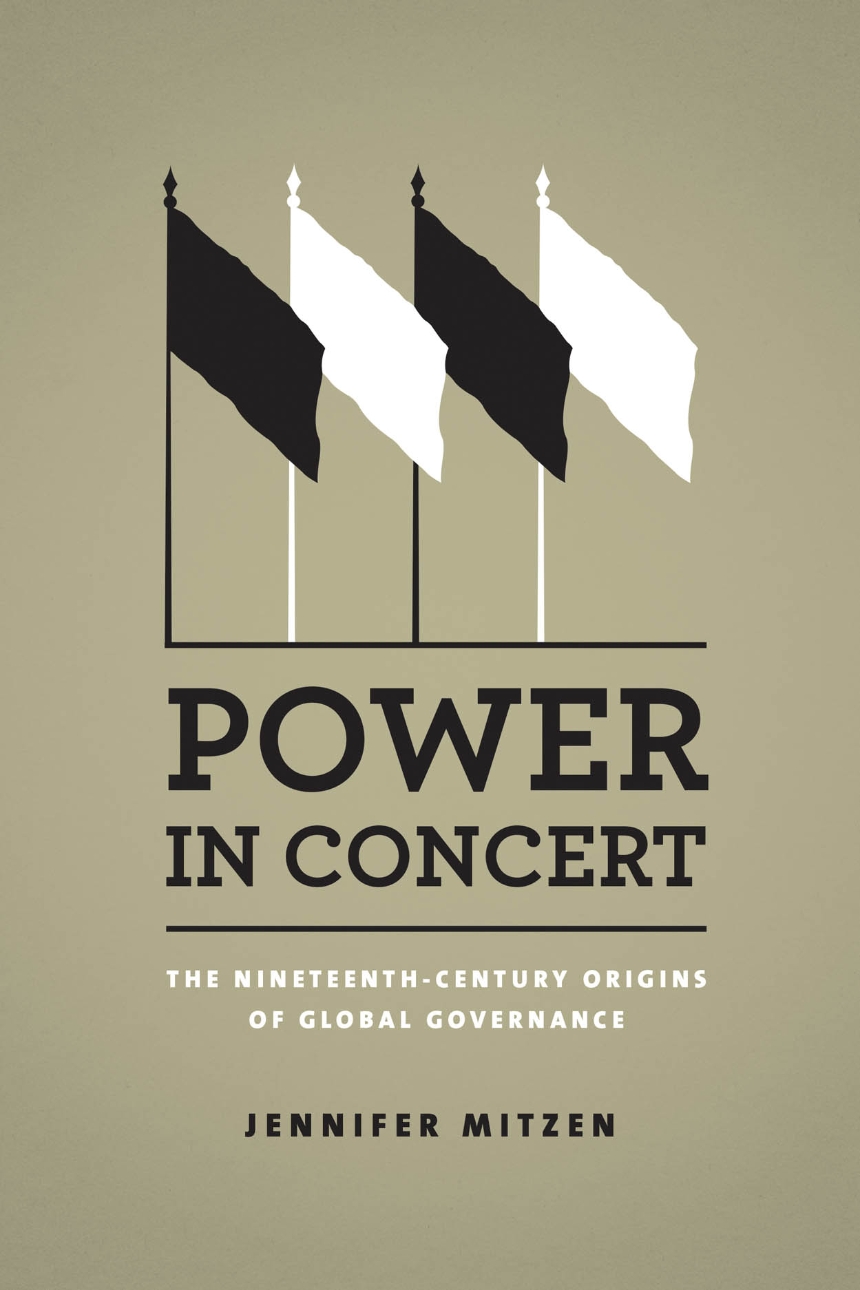Power in Concert
The Nineteenth-Century Origins of Global Governance
9780226060118
9780226060088
9780226060255
Power in Concert
The Nineteenth-Century Origins of Global Governance
How states cooperate in the absence of a sovereign power is a perennial question in international relations. With Power in Concert, Jennifer Mitzen argues that global governance is more than just the cooperation of states under anarchy: it is the formation and maintenance of collective intentions, or joint commitments among states to address problems together. The key mechanism through which these intentions are sustained is face-to-face diplomacy, which keeps states’ obligations to one another salient and helps them solve problems on a day-to-day basis.
Mitzen argues that the origins of this practice lie in the Concert of Europe, an informal agreement among five European states in the wake of the Napoleonic wars to reduce the possibility of recurrence, which first institutionalized the practice of jointly managing the balance of power. Through the Concert’s many successes, she shows that the words and actions of state leaders in public forums contributed to collective self-restraint and a commitment to problem solving—and at a time when communication was considerably more difficult than it is today. Despite the Concert’s eventual breakdown, the practice it introduced—of face to face diplomacy as a mode of joint problem solving—survived and is the basis of global governance today.
280 pages | 1 line drawing | 6 x 9 | © 2013
Political Science: Diplomacy, Foreign Policy, and International Relations
Reviews
Table of Contents
Acknowledgments
Chapter 1. Public Power and Purpose in Global Governance
Chapter 2. Governing in the Shadow of Violence
Chapter 3. From International Society to Public Power
Chapter 4. More Than Mere Words: Publicly Managing the Vienna Settlement, 1815–22
Chapter 5. Governing Together: The Greek Revolt and the Eastern Question, 1823–32
Chapter 6. Things Fall Apart: From a Russo-Turkish Dispute to the Crimean War, 1853–56
Chapter 7. Conclusion
References
Index
Awards
Choice Magazine: CHOICE Outstanding Academic Title Awards
Won
International Studies Association: ISSS Best Book Award Award
Won
Int'l Hist & Pol Section, APSA: Jervis-Schroeder Award
Honorable Mention
